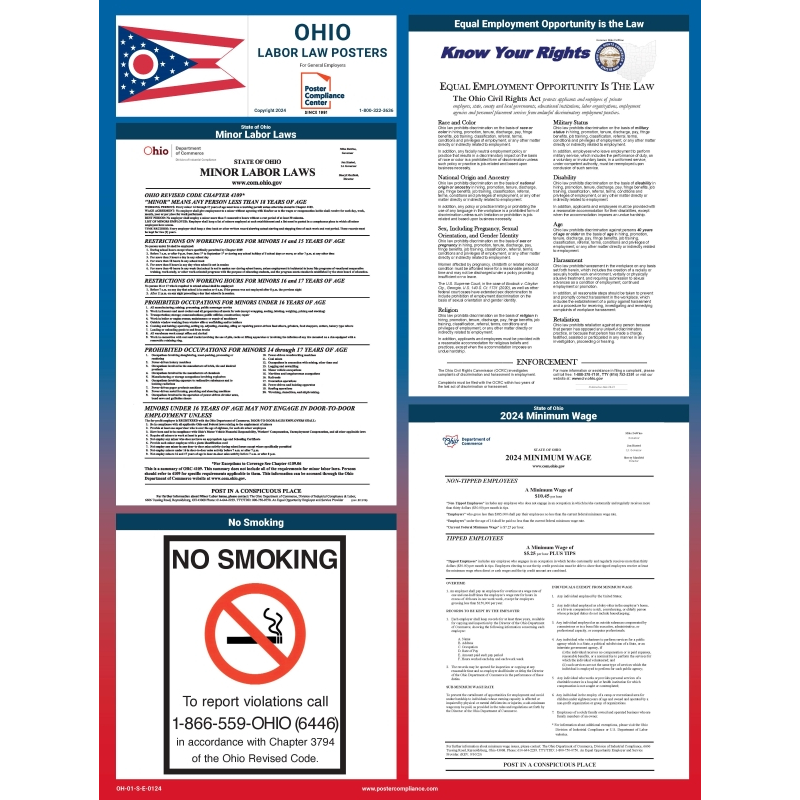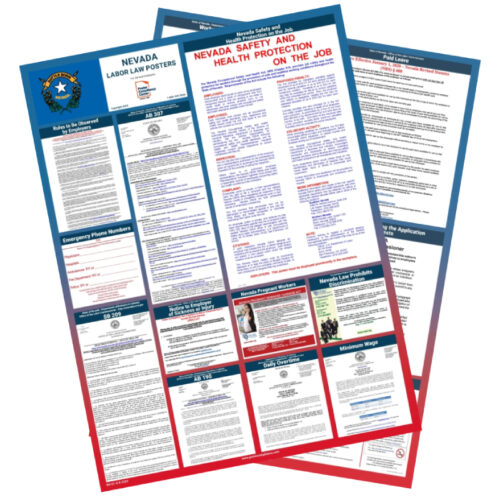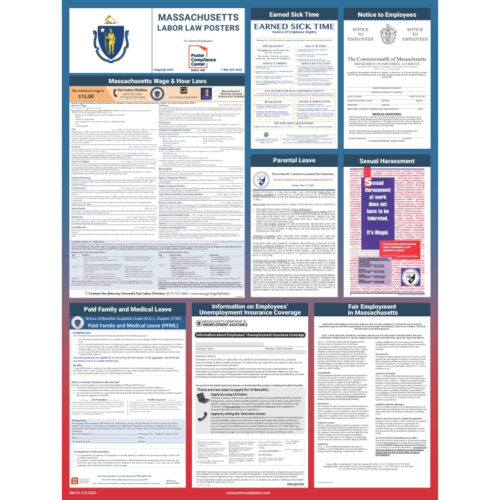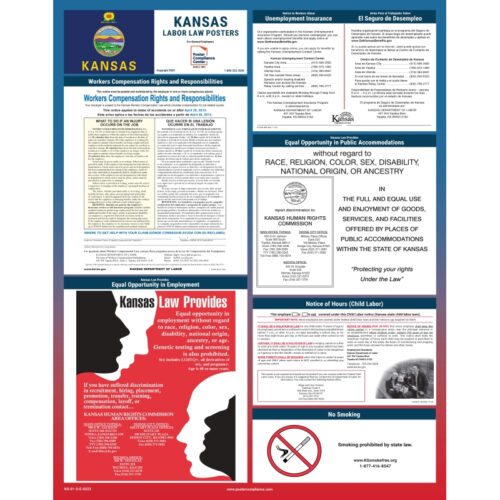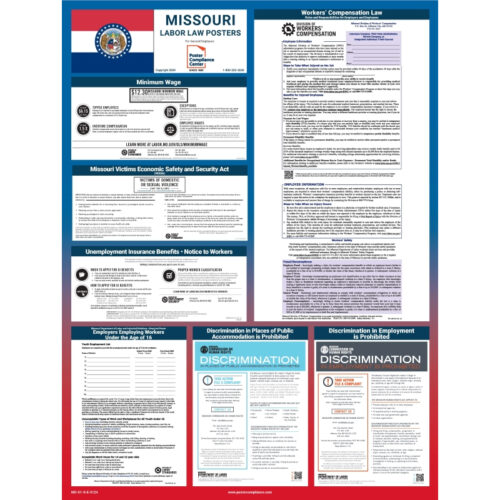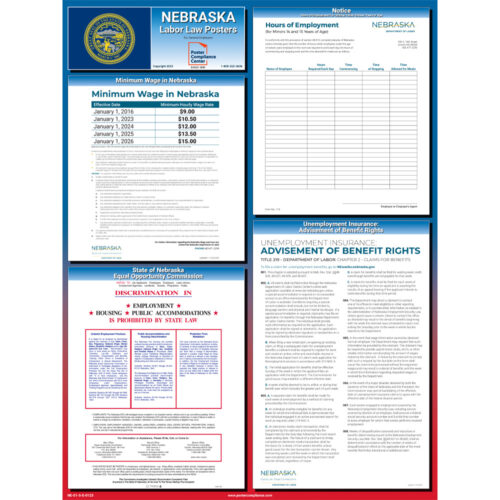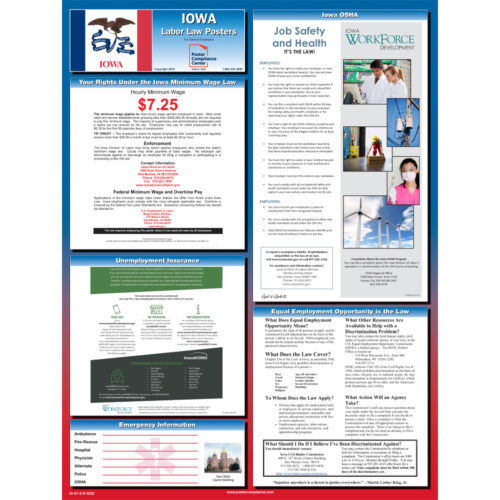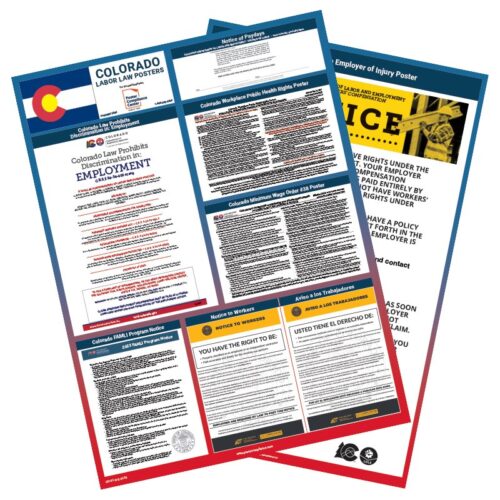Ohio Labor Law Poster
- Buy Ohio Labor Law Poster |
- Updates & Posting Requirements |
- Description

All mandatory state and federal poster requirements

Live customer service

Federal & State posting regulation letter

Free updates for one year

$41,000 Violation Warranty

All mandatory state and federal poster requirements

Live customer service

Federal & State posting regulation letter

Free updates for one year

$41,000 Violation Warranty

All mandatory state and federal poster requirements

Live customer service

Federal & State posting regulation letter

Free updates for one year

$41,000 Violation Warranty

All mandatory state and federal poster requirements

Live customer service

Federal & State posting regulation letter

Free updates for one year

$41,000 Violation Warranty

All mandatory state and federal poster requirements

Live customer service

Federal & State posting regulation letter

Free updates for one year

$41,000 Violation Warranty

All mandatory state and federal poster requirements

Live customer service

Federal & State posting regulation letter

Free updates for one year

$41,000 Violation Warranty
